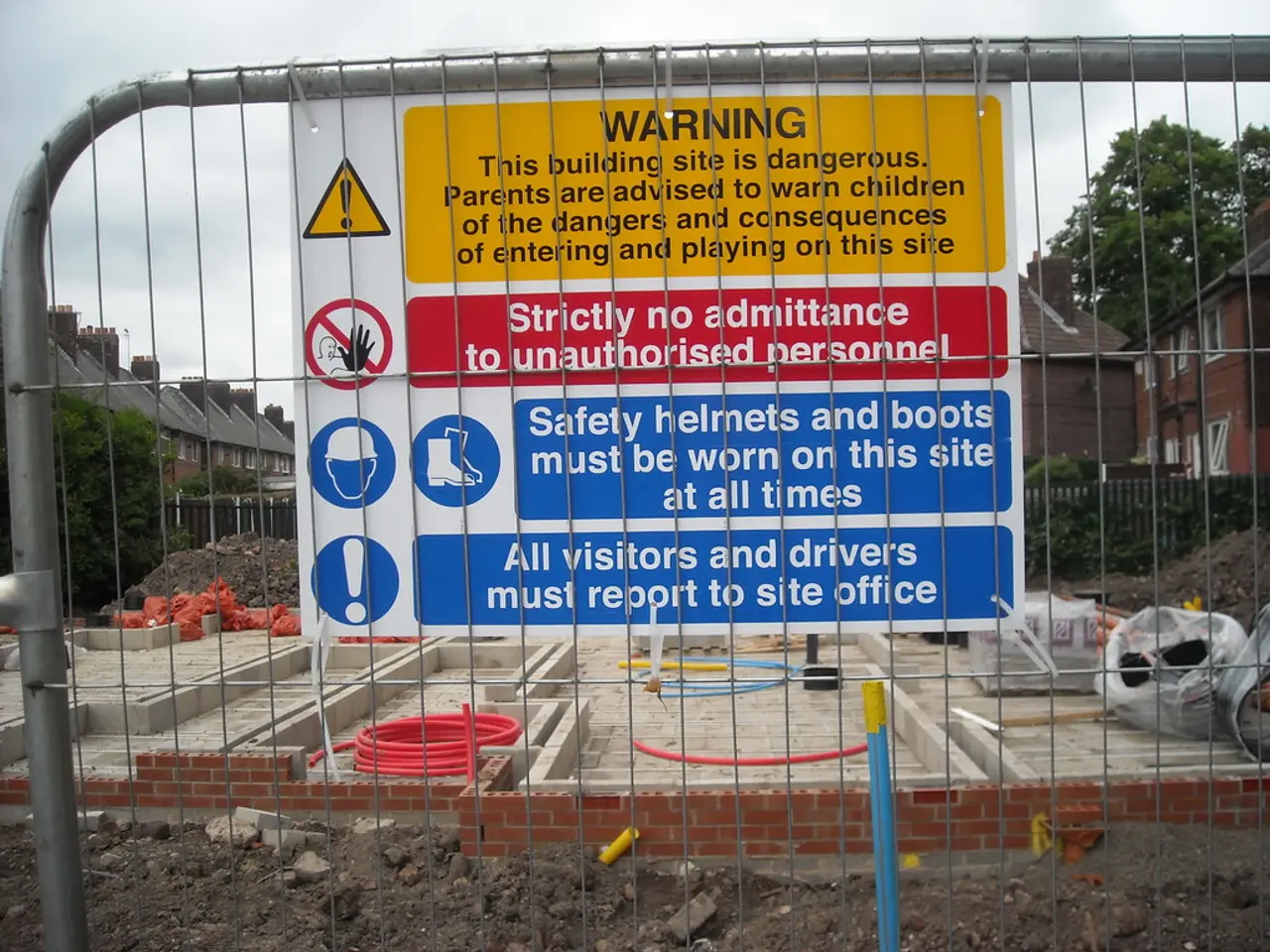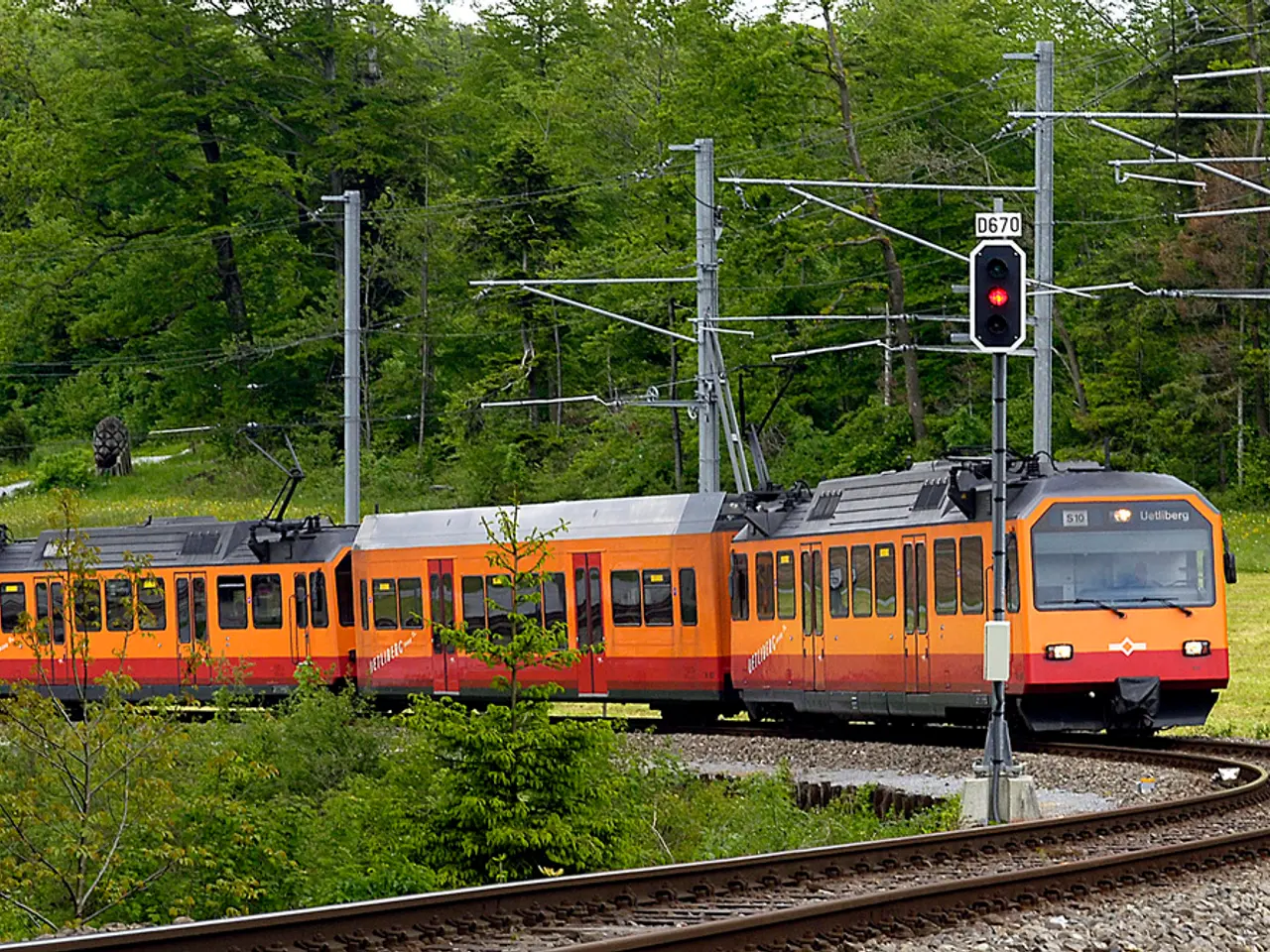Community members resist proposed land deed changes
Government's Land Revocation Plan Threatens Buri Ram's Sports, Tourism, and Economy
The Thai government has initiated a plan to revoke over 5,000 rai of land title deeds in the Khao Kradong area of Buri Ram, claiming that the land legally belongs to the State Railway of Thailand (SRT) following Supreme Court rulings and administrative court enforcement. This move involves revoking private land titles, including those covering major sports and tourism facilities like the Chang International Circuit racetrack and Buriram United’s football grounds.
Legal Implications
The revocation follows a verified legal process. The Supreme Court has definitively ruled the disputed land belongs to the SRT, and the Central Administrative Court has ordered the Department of Lands (DoL) to revoke the issued land titles under Section 61 of the Land Code. Initial reluctance within the DoL to act was reversed after a new joint investigation in early 2025 confirmed that the disputed land lies within SRT jurisdiction.
However, some affected parties dispute the move, claiming legal acquisition of their titles long before SRT asserted ownership, and there are ongoing protests resisting eviction or title revocation.
Potential Impact
The revoked land includes premier sports infrastructures crucial for provincial and national events. The Chang International Circuit is the only FIA Grade 1 and FIM Grade A motor racing venue in Thailand, hosting international events like MotoGP and GT World Challenge Asia. Chang Arena, home of Buriram United FC, is a FIFA-standard football stadium with regional prominence.
Local business leaders warn that revoking land titles and potential closure or disruption of these venues could cause economic damage exceeding 5 billion baht, threatening tens of thousands of jobs linked to sports, hospitality, and tourism activities. Closure or operational uncertainties of these venues risk losing international events that attract visitors and revenues, potentially stalling regional economic growth and hurting Thailand's motorsport and football talent development programs.
The government appears prepared to undertake negotiations with current occupants regarding lease arrangements or relocations, but the timeline and details of transitional plans remain unclear, which adds to uncertainty for local stakeholders.
Controversy and Concerns
Mr. Tanaisiri, managing director of the Chang International Circuit, expressed concerns over possible government liability for contract breaches. According to Mr. Chanin, a legal representative for the affected landholders, the SRT's claims are based on limited court rulings and do not override the rights of legitimate landholders. Mr. Chanin also asserted that revoking deeds based on questionable documents could amount to misconduct and criminal offences.
Khao Kradong's 5,083 rai is not railway land, as asserted by Mr. Chanin. He asserted that no royal decree or legal act, including the 1921 Rail and Highway Management Act, has granted this land to the SRT. The railway map used to support the SRT's claim was drawn for temporary rock transport and holds no legal weight, according to Mr. Chanin.
Pramoonchai Nopsuwanwong, director of operations at Buriram United, expressed concerns about the potential politicization of the issue and its impact on the entire sports ecosystem in Thailand.
In summary, the government's legally backed revocation effort aims to restore public ownership of the Khao Kradong land to the SRT after extensive disputes, but this move has significant legal and socio-economic repercussions. Key sporting and tourism assets central to Buri Ram’s economy face operational risks, prompting resistance from affected landholders and concerns about the broader economic fallout.
The revocation of land titles for sports facilities like the Chang International Circuit and Buriram United’s football grounds, part of the government's plan, may impact the local business sector, as the potential closure or disruption of these venues could lead to economic damage exceeding 5 billion baht and threaten tens of thousands of jobs in the sports, hospitality, and tourism sectors.
The legal dispute over the Khao Kradong land involves questions about the legitimacy of title acquisition, with some parties claiming that they legally acquired their titles before the SRT asserted ownership. The controversy surrounding the revocation also includes concerns about potential contract breaches, misconduct, and criminal offenses.




